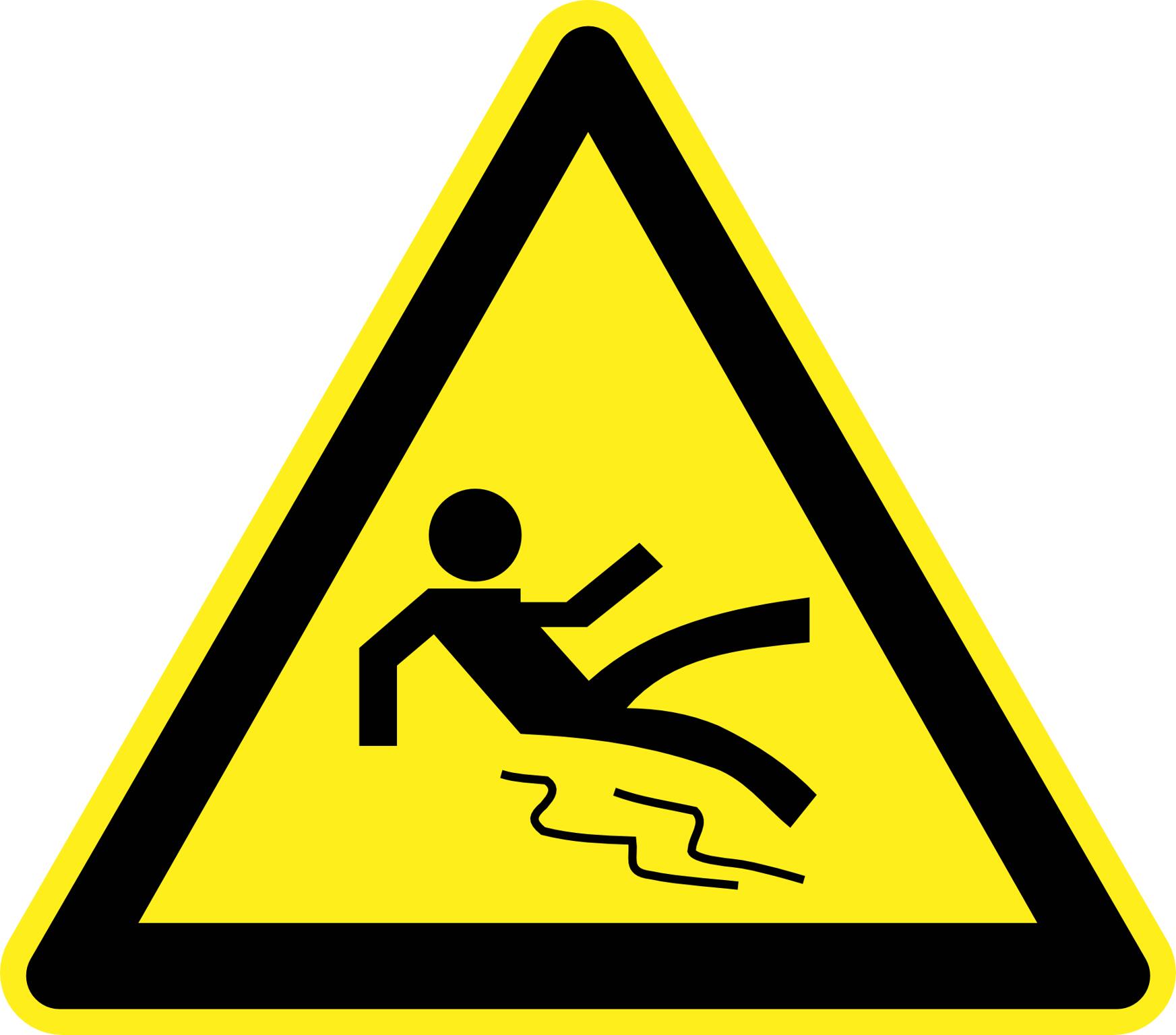Slippery or wet floors in commercial spaces pose a hidden danger that can lead to serious accidents and costly liabilities. This guide explores the risks associated with unsafe flooring conditions, highlighting the importance of proper maintenance and safety measures.
By understanding the potential hazards and taking proactive steps, business owners can protect both employees and customers. This ensures a safer environment and reduces the likelihood of slips, trips, and falls.
Keep on reading to learn more about the safety risks of wet floors.
Contents
Why Wet Floors Are Dangerous
Wet floors are dangerous because they increase the risk of slips, trips, and falls. When floors are wet or slippery, it is easy for someone to lose their balance. This can result in falls that might cause serious injuries such as sprains, fractures, or head trauma. For businesses, this not only means injuring someone but also facing potential legal action and loss of reputation.
Common Causes of Slippery Floors
There are several reasons why floors become slippery. Some of the most common causes include:
Spills
Whether it’s water, oil, or any other liquid, spills can make floors slick.
Weather
Rain or snow can be tracked indoors, leading to wet floors.
Cleaning
Routine cleaning often involves water and detergents, which can create temporary hazards.
Maintenance Issues
Leaking pipes or faulty appliances may cause puddles on floors.
Understanding these causes can help prevent accidents before they happen.
Prevention Strategies
Businesses can take several steps to reduce the risk of slippery floors:
Prompt Cleanup
Always clean up spills immediately. Use a mop or absorbent materials to dry the area thoroughly.
Warning Signs
Place warning signs around wet areas to alert people to the potential danger. This is especially important during cleaning or when floors are wet from the weather.
Regular Maintenance
Ensure that plumbing and appliances are in good working order to prevent leaks.
Non-slip Mats
Use mats in areas that are prone to getting wet, such as entrances or near sinks.
Employee Training
Train staff on the importance of maintaining dry and safe floors. Encourage them to report hazards immediately.
The Business Impact
Ignoring the problem of wet floors can have significant consequences for a business. Accidents resulting from slippery floors can lead to costly lawsuits. Additionally, businesses may face increased insurance premiums and fines.
Beyond the financial implications, there’s also the impact on a business’s reputation. Customers and clients want to feel safe when they enter a business’s premises. If they perceive an establishment as unsafe, they may choose to take their business elsewhere.
If ever you experience these problems, make sure to consult a retail slip and fall lawyer. Getting the services of legal experts can help you make much better decisions.
Learning About the Dangers of Wet Floors
The danger of slippery or wet floors in commercial spaces should not be underestimated. By addressing potential causes and implementing effective prevention strategies, businesses can protect both their employees and customers.
This proactive approach not only helps in avoiding accidents but also in maintaining a positive reputation and a safe environment. Prioritizing floor safety is a simple yet crucial step every business should take.
For more topics aside from liability issues with wet floors, check out the rest of our blog!




